- Home
- Laser cladding with wire: economical and environmentally friendly
Created on:
Laser cladding with wire: economical and environmentally friendly
Laser cladding is a promising technology for manufacturing high-quality components, repairing worn parts and coating parts to improve their properties. In this process, the laser beam is used to melt the filler material in the form of wire on the surface and create a layer that is metallurgically identical to the base material. This technique offers a high deposition rate and layer quality, good adhesion, low risk of warpage, and low material consumption while still maintaining acceptable contour fidelity and surface quality. In addition, it enables the creation of complex geometries and the application of layers to protect against wear.
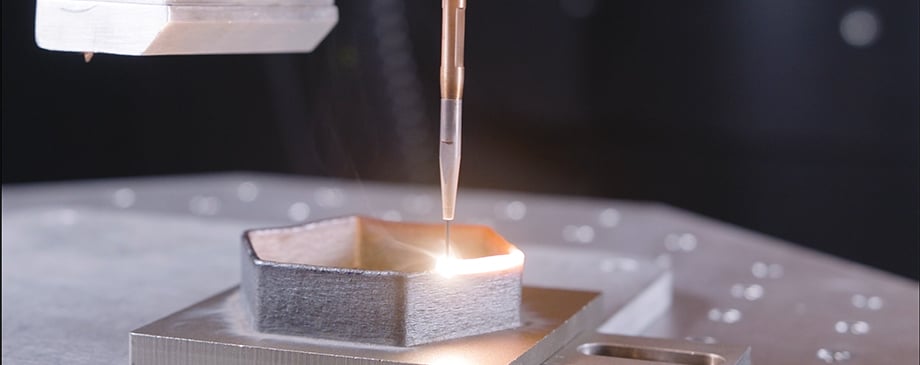
Direction-independent laser buildup welding
Thanks to the patented "Ring Shape Beam", direction-independent welding is possible. This offers the customer considerable added value, as it makes complex manufacturing tasks much more economically feasible. This special beam shaping allows the wire to be fed coaxially to the processing head and enables a completely homogeneous intensity distribution of the laser beam, which makes uniform and direction-independent deposition possible.
But how exactly does the so-called "Ring Shape Beam" work?
The laser beam is expanded in a ring shape in the front area of the processing head (1) and then split into two half moons using prisms. The wire is now fed coaxially to the laser beam (3), and the beam profile is then closed again (4). Focusing takes place to a closed laser spot, where the filler wire is melted (5).
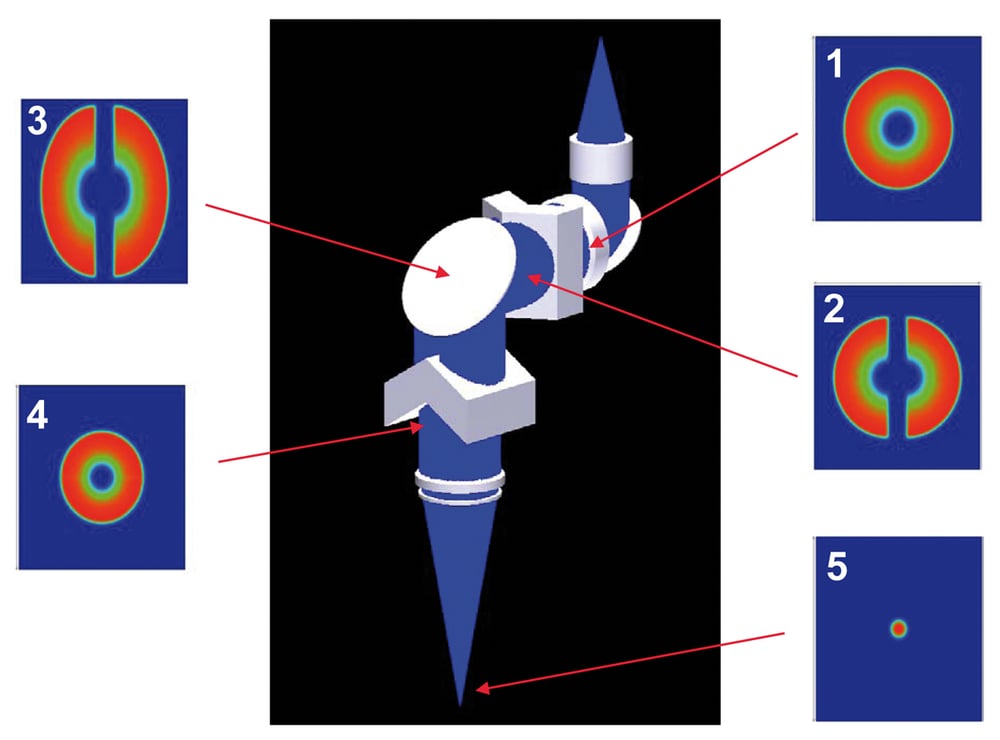
This process will increase the use of wire-based Laser Metal Deposition (LMD). It produces excellent build-up results with repeatable quality and homogeneous internal structure of the molten wire. The manufacturing process using wire is done without contamination of surrounding areas or surfaces.
What are the main aspects and advantages of this beam delivery solution?
- Omnidirectional intensity distribution
- Homogeneous preheating
- Low material distortion due to reduced heat input
Coaxial wire feeding enables 100% material utilization. In many cases, wire material is less expensive to procure than powder. High application rates of up to 4 kg/h are possible, depending on the material and wire diameter. This means economical, clean and environmentally friendly 3D printing or surface coating.
To learn more about laser deposition welding with coaxial wire feed, watch our video:
Do you want to see more about Laser Cladding with wire? Go to our website here.
You may also be interested in this
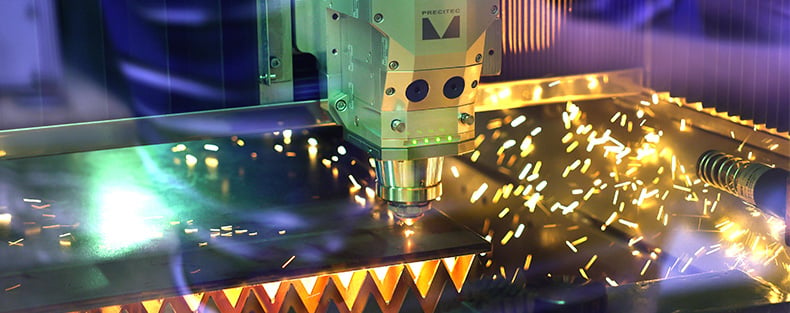
Laser cutting as a powerful cutting process - Advantages in short
Laser cutting is a powerful process that meets high quality standards and offers versatile applications in the.
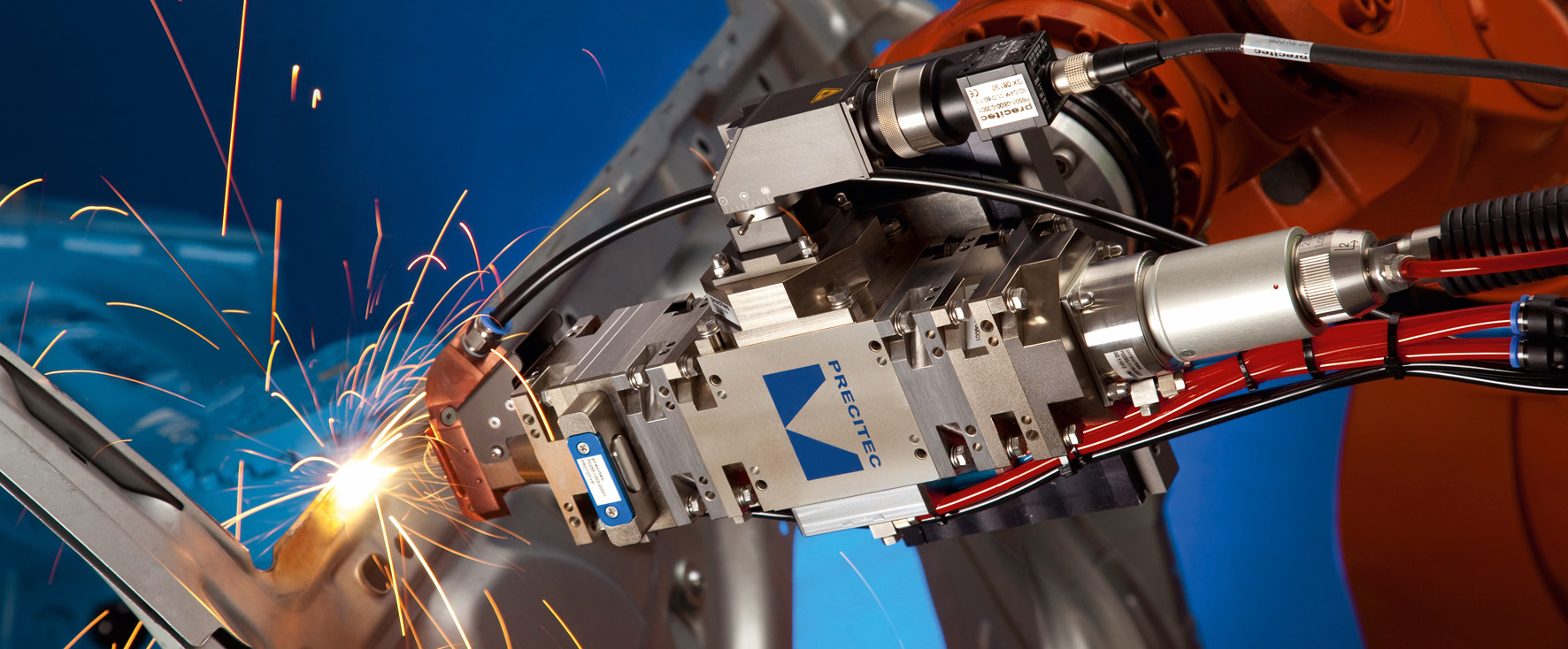
Laser welding as manufacturing process
Laser welding is one of the joining manufacturing processes. A laser beam is used as a heat source to create a.
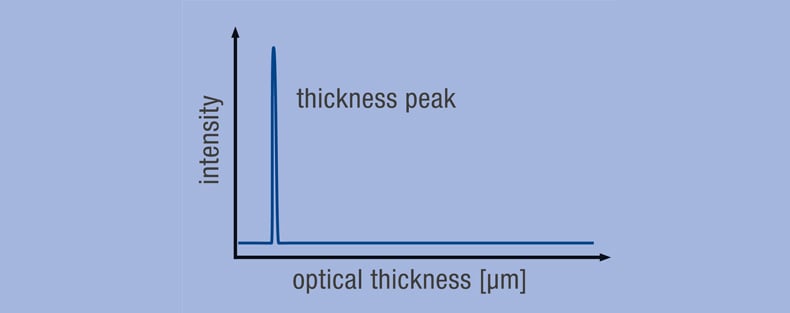
Glass inspection: Two optical metrologies make all the difference
In a challenging economic climate of soaring energy bills and rising raw material prices, glass manufacturers are.
